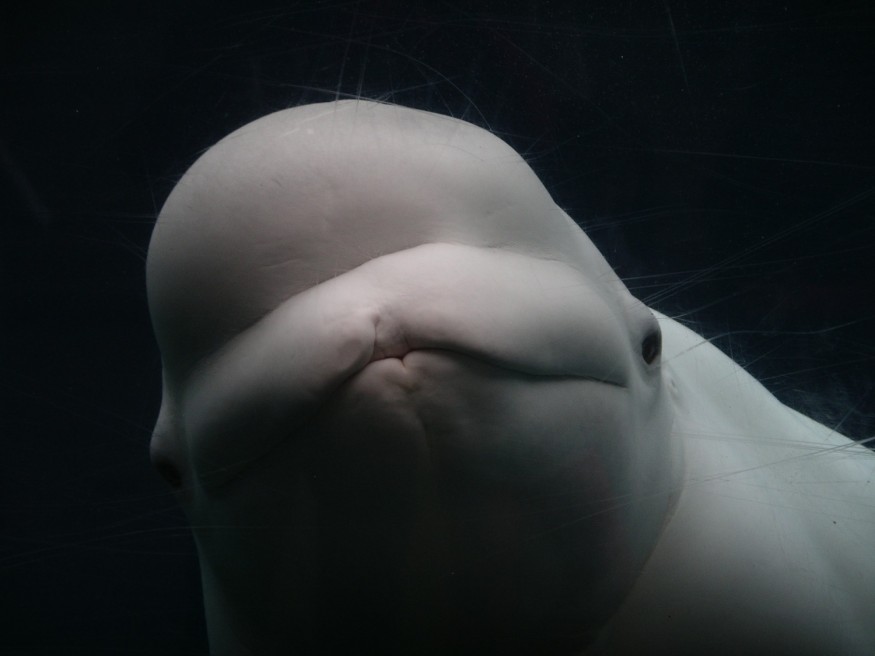A new study shows that just like humans, beluga whales can also form social networks beyond their close kin and even with whales unrelated to them for years throughout their life span.
Using a molecular genetic approach and field studies, researchers from Florida Atlantic University's Harbor Branch Oceanographic Institute were able to study the relationship between group dynamics, group type, group behavior, and affinity in beluga whales.

The researchers were able to go through social traces of beluga whales spanning across ten locations from the Arctic in Alaska to Canada and similarly from Russia to Norway.
Beluga whales and social networks
The study found that the marine creatures live in complex societies, including individuals from their maternal kin, as well as those distantly related or completely unrelated to them.
According to Greg O'Corry-Crowe, the leader of the study from FAU's Harbor Branch, their study's findings will improve further understanding about why some species are social. Furthermore, it will also provide insight on how they learn to form group members and how animal cultures arise.
He adds that it also has connotations on traditional explanations from matrilineal to menopause, which has only been documented in a few mammals. The findings of the study were published in the journal Scientific Reports on July 10, 2020.
Read Also: Thames' Lonely Beluga Whale 'Benny' Moves On
How Beluga Whales Communicate
Similar to other toothed whales and bats, the sea mammals use echolocation. Through this, they make a rapid string of clicks or noises that bounce back from the environment. The whales then interpret the echoes to identify objects such as food or to communicate with others.
Belugas make all these sounds even though they have no vocal cords. They "speak" through the nasal sacs close to their blowhole. In a way, they "talk" through their noses.
O'Corry-Crowe says that unlike killer whales and some humans, belugas don't entirely associate with close connections. Their study found that the whales formed communities involving individuals of all sexes and ages in numbers of hundreds or even thousands across various habitats.
He suspects that it could be due to echolocation that enables the belugas to communicate with each other despite their distance constantly.
Additionally, given that the whales have long lifespans of an estimated 70 years, the research finds that they could form long-term affiliations with their kin and unrelated individuals.
Beluga Whale Peers: Not Just Maternal Relatives
Beluga whales were initially thought of to be grouped according to close maternal relatives. However, the study finds that even where group members shared the same mtDNA lineage, they were not that closely related.
The results differ from earlier theories that belugas have a matrilineal social system of closely linking female relatives. They also contradict the association behavior of the larger toothed whales that gave off those predictions.
O'Corry-Crowe says that the new understanding of why individuals may build social groups, even with non-relatives, could promote new research on what comprises species resilience. Moreover, it could also provide more knowledge on how species like the beluga whale can react and respond to emerging threats such as climate change.











